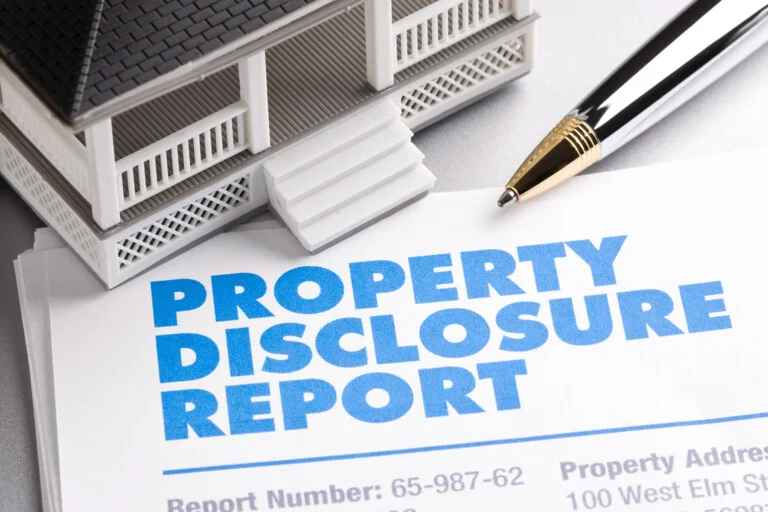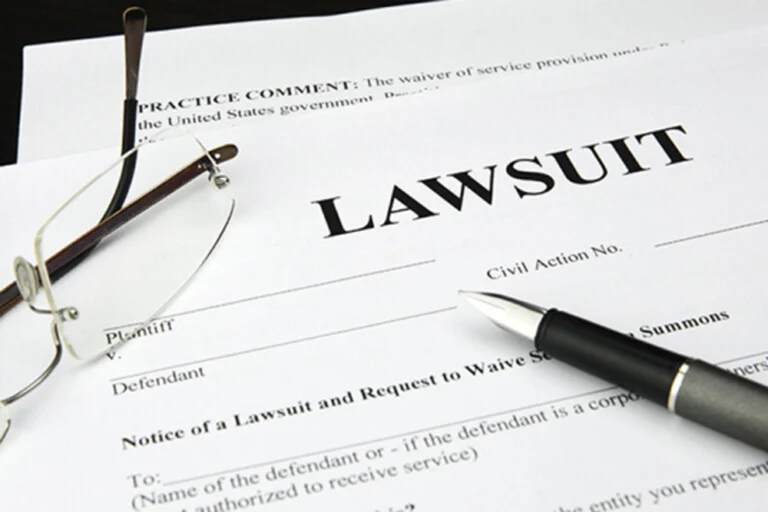From last month’s article, Why do a Seller’s Inspection?, we continue the discussion on the legal implications of “Information Asymmetry.”
BY OSCAR LIBED OF INSPECT HAWAII

Photo: courtesy of Inspect Hawaii
What is Information Asymmetry?
In contract theory and economics, Information Asymmetry deals with the study of decisions in transactions where one party in a transaction is in possession of more information than the other. Typically, that imbalance means that the side with more information enjoys an advantage over the other party.
What is the Landmark Case that advanced the Home Inspection Industry?
A catalyst that helped to advance the Home Inspection Industry was a 1984 court ruling, Easton vs. Strassberger. After purchasing the property in 1976, it was discovered that the property had soil issues and experienced extensive damage due to a slide just prior to the sale. The Buyer, Easton, sued the Seller and the Seller’s agents for “fraudulent concealment and intentional and negligent misrepresentation.”
The California Court of Appeals ruling sent a message loud and clear that agents and brokers had a duty to conduct due diligence and disclose facts materially affecting the value of the property.
The Court ruled that real estate agents and brokers have “the affirmative duty to conduct a reasonably competent and diligent inspection of the residential property listed for sale and to disclose to prospective purchasers all facts materially affecting the value of the property that such investigation would reveal.”
This decision to require an Agent to conduct an inspection seemed unreasonable to ask, therefore, the real estate industry pushed California Senate Bill 1406, which legislated to mandate disclosure in California.
The disclosure laws required Sellers to tell Buyers everything that they ‘know’ about the property being sold. This ranged from listing all items in the home that were found to be defective, to identifying items not functioning, or additions built without permits.
As a compromise to the Court ruling, the law also required that real estate agents perform their own “diligent visual inspection” (not a technically exhaustive inspection to uncover every defect on the property) and disclose any defect that they might find.
To reduce the liability of real estate agents from litigation, the California Association of Realtors altered their contract forms to include a provision for the homebuyer to hire their own professional inspector.
The reason for this is easy to see – it was a liability issue. Also, it was all about who was better qualified to give Buyers a truly thorough and revealing home inspection. Thus, the home inspection business emerged on the west coast as an industry. Subsequently, other States followed California’s practices and it evolved nation-wide.
In summary, home inspections serve as a liability-reducing mechanism for real estate Agents and help to protect Buyers in a purchase transaction.

Photo: courtesy of Inspect Hawaii
Can the Agent ask the Home Inspector to alter or omit items in the Report if it will create issues for the Sale?
No. This action is a liability for both the Agent and the Home Inspector.

Photo: courtesy of Inspect Hawaii
What is a Home Inspection contingency?
A home inspection contingency is a clause written into a real estate contract that gives the Buyer the right to have the house inspected by a professional inspector within a certain period. It also allows the Buyer to cancel the contract (or negotiate repairs) if they are not comfortable with the inspector’s findings. Or, to accept the findings “As-is” and remove the contingency.
Given a competitive market, how many Buyers waived the Home Inspection contingency as a tactic for their offer to be more favorable?
Per Zillow, in 2021, one in nine (12%) said that they did not get an inspection on the property they bought prior to purchasing it — insignificantly different from past years (13% in 2020, 13% in 2019, and 11% in 2018). Most Agents do recommend a Home Inspection even in a competitive market.
If “Buyer Beware” is a warning to the Buyer when purchasing real estate, what is the warning to the Seller?
Simply put, “Seller Disclose!”
For any questions on this topic, please call Oscar Libed of Inspect Hawaii at 808-728-5707 or send an email to oscar@inspecthawaii.com

